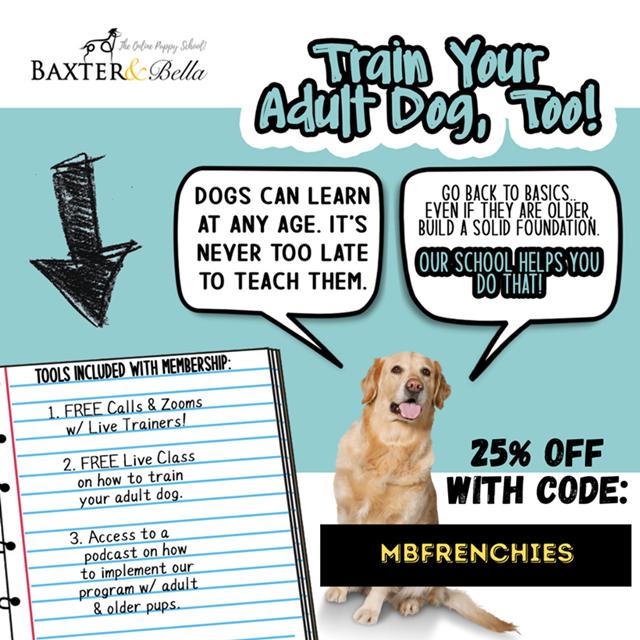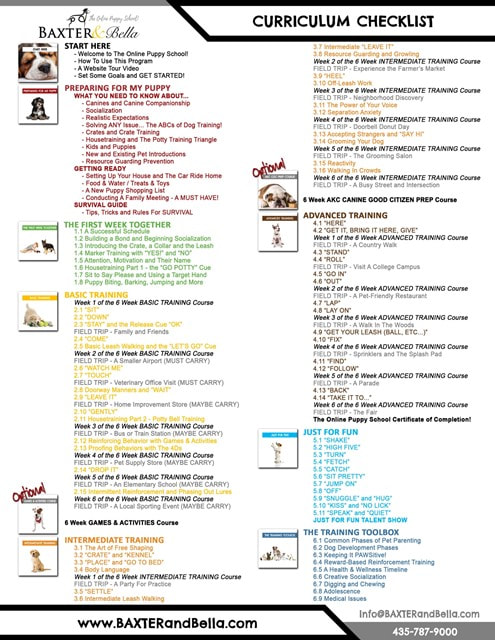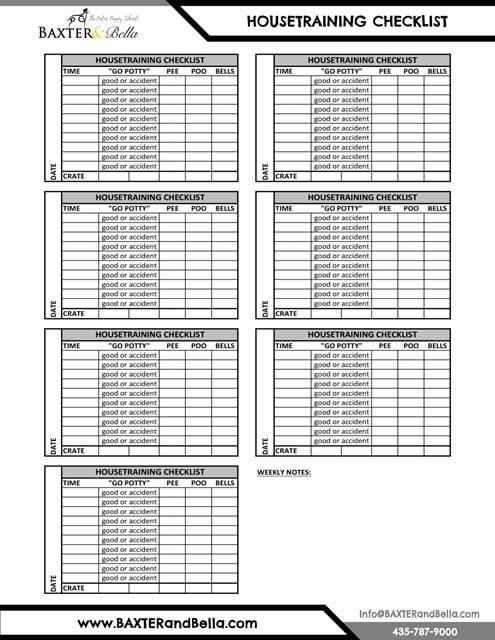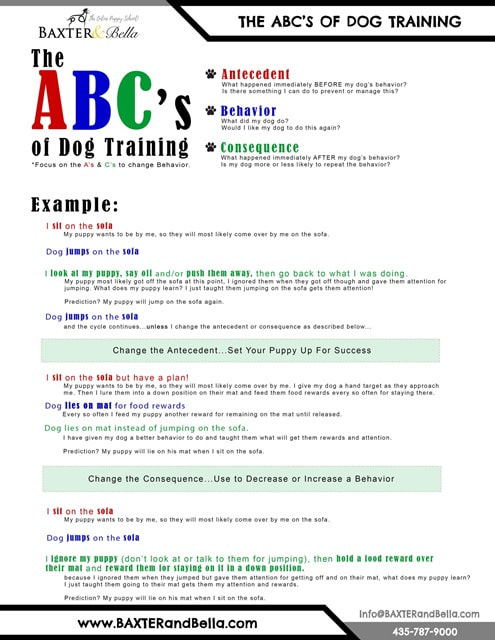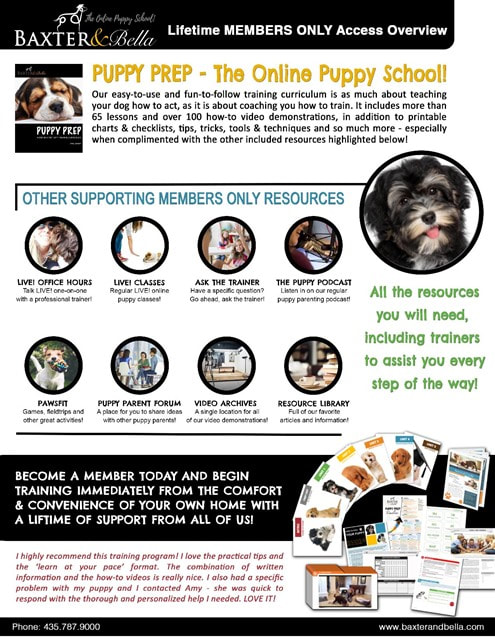Russian Bolonka Puppy Training Guide: Tips and Techniques for Success
Good dogs are not just born ... they are trained!
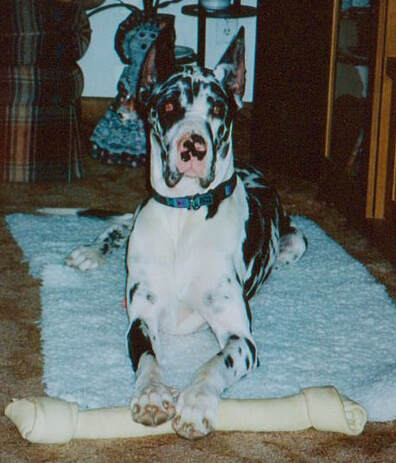
Really? YES! You want to know all you can about training your new best friend! Training your Bolonka to be the best dog it can be is extremely rewarding and creates a super strong bond between you and your dog that will last a lifetime. I will explain.
Years ago (when I was young) I impulse purchased a Great Dane puppy, I went with a family member to look at some puppies and we both wound up getting one. Of course Ruthie was gonna be a big girl and everyone said to start working with her right away. I did, I taught her many things that were common, like sit, stay, place, come, heel, quiet, etc. But I taught Ruthie many things that were not common for household pets to learn, not just "tricks" but useful things that could be pertinent to owning a great, big, dog.
Because Ruthie was so well trained everyone that met her loved her, Ruthie became a Great Dane Ambassador. Everyone who met Ruthie said she was amazing! They wanted to have a Dane just like her and many said they were going to look into getting a Dane of their own. BUT! I always reminded them that Ruthie was not born this way, if I had not been diligent with the training she would have been a totally different dog, possibly a dog that was hard to handle, or a dog that drug me for walks! An untrained dog can be a nuisance to everyone in your family, your vet, doggie daycare and even your neighbors! To have the best experience with your dog TRAIN THEM while they are young! The time spent training them not only reinforces the bond you share but it also makes for a pleasant lifetime shared with a pet that is responsive to you and is lovely to have around others.
Go ahead! Train that new baby to be the best it can be, it really is not that hard and once your pup learns it's first lesson the rest of the training goes faster and becomes easier. The more you train the faster they learn!
Years ago (when I was young) I impulse purchased a Great Dane puppy, I went with a family member to look at some puppies and we both wound up getting one. Of course Ruthie was gonna be a big girl and everyone said to start working with her right away. I did, I taught her many things that were common, like sit, stay, place, come, heel, quiet, etc. But I taught Ruthie many things that were not common for household pets to learn, not just "tricks" but useful things that could be pertinent to owning a great, big, dog.
Because Ruthie was so well trained everyone that met her loved her, Ruthie became a Great Dane Ambassador. Everyone who met Ruthie said she was amazing! They wanted to have a Dane just like her and many said they were going to look into getting a Dane of their own. BUT! I always reminded them that Ruthie was not born this way, if I had not been diligent with the training she would have been a totally different dog, possibly a dog that was hard to handle, or a dog that drug me for walks! An untrained dog can be a nuisance to everyone in your family, your vet, doggie daycare and even your neighbors! To have the best experience with your dog TRAIN THEM while they are young! The time spent training them not only reinforces the bond you share but it also makes for a pleasant lifetime shared with a pet that is responsive to you and is lovely to have around others.
Go ahead! Train that new baby to be the best it can be, it really is not that hard and once your pup learns it's first lesson the rest of the training goes faster and becomes easier. The more you train the faster they learn!
Here are some handy tips for a great start with you and your puppy.
- Set a Routine: Puppies are creatures of routine. Have a daily program that includes regular times for meals, potty breaks, play, and sleep. By doing this, your puppy will feel secure, and house training will be a lot less of a headache.
- Positive reinforcement: Use some positive reinforcement like treats, praise, and play with your puppy when it displays appropriate behavior, hence motivating it to repeat the same. Avoid negative reinforcement, as this can make the puppy very fearful and aggressive.
- Socialization: Early socialization is important to the rearing of a well-adjusted adult dog. Socialize your puppy carefully to people, pets, environments, and sounds, always under safe conditions. Keep contacts positive, getting progressively more elaborate as the puppy feels more secure.
- Potty Training: Establish a puppy's regular routine. Take your puppy outside first thing in the morning, after each meal, and before going to bed. Use an outside area for your puppy to relieve himself and praise him when he does so. Accidents happen; when they do, clean up, not pay up.
- Crate Training: Crates can make your pup feel secure and be an invaluable tool in housebreaking. Introduce him to the crate slowly. Make it comfortable with blankets and toys. Never use the crate as a punishment tool.
- Teething and Chewing: Give proper chew toys for them to help in teething and relief of pain in their gums, but to make sure it does not resemble things they are not supposed to chew on. Rotate toys to keep things interesting for your puppy.
- Basic Commands: Start practicing basic commands such as sit, stay, come, and down early. Training sessions should be short, fun, and highly motivating. This instills not only the more important behaviors but also the bond between both of you. Patience and
- Consistency: Training a puppy involves a lot of patience and consistency. Do not be a perfectionist at it, and at the same time, do not hurry the process. Celebrate small victories in between, keeping your commands and expectations consistent.
- Socialization: This is very important from a young age. Get your puppy used to being handled. Touch his paws, ears, and mouth. Make it all a positive experience with praise and treats. He will become much easier to groom and take to the vet as he grows.
- Health Care: Keep your puppy healthy by following the regular vaccination schedule and visiting the vet. Discuss the diet, exercise, and any of your fears with your vet in order to let your puppy grow to an appropriate size.
- Observation and Adaptation: Ensure to observe the body language and behavior of the puppy with great interest. It may be useful to determine his needs and preferences, so the training process should be adapted. Remember, this training is one more opportunity to continue building that loving, trusting friendship with your puppy.

